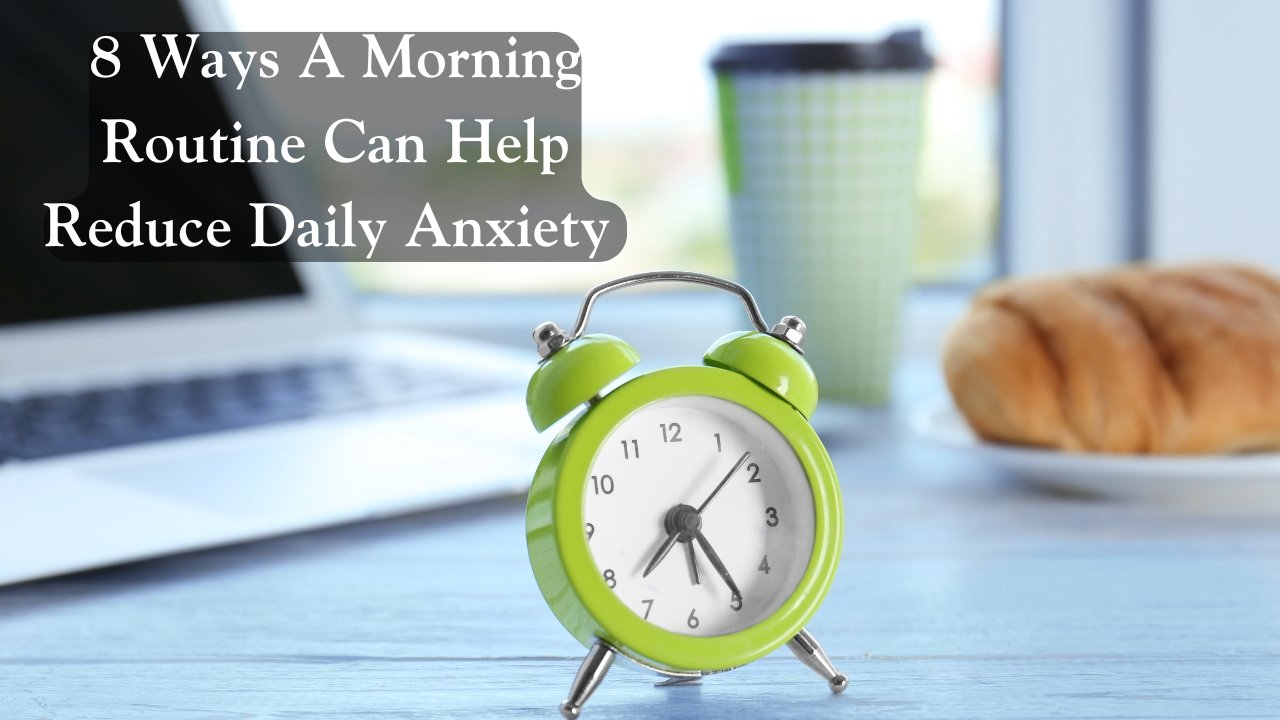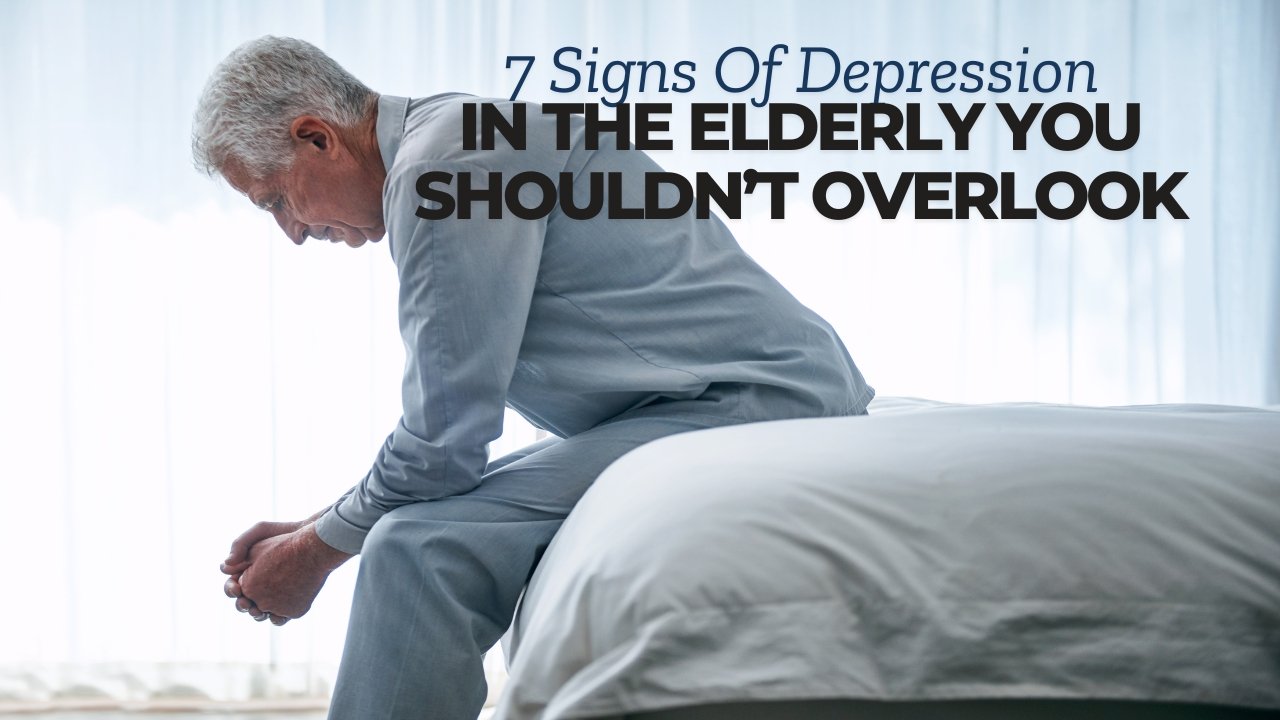

Depression in Men: Recognizing and Addressing Gender
- No Comments
Depression is a big mental health issue that affects millions worldwide. It shows up differently in men and women. Depression in men is often missed, which can harm their health a lot.
It’s important to understand the special challenges men face with depression. This helps us give them the right support and treatment.
What is Depression?
Depression is a serious mental health issue. It changes how people feel, think, and do daily things. Symptoms include feeling sad all the time, losing interest in things, and changes in eating or sleeping.
Depression in men’s symptoms can be different from women’s. We need to look closely at these differences.
Common Symptoms of Depression in Men
Men often show depression through irritability and anger. They might also feel very tired and have trouble sleeping. Losing interest in things they used to like and having trouble focusing are also signs.
Physical Symptoms of Male Depression
Physical signs of depression in men are often ignored. They might have headaches, stomach problems, or chronic pain without a clear reason. These signs can hide the real problem, leading to wrong diagnoses or late treatment.

Behavioral Signs of Depression in Men
Men might start using substance abuse to deal with their feelings.
They could also take risks, like driving recklessly or having unprotected sex. This is a way to distract themselves from their depression.
Traditional Masculinity and Emotional Suppression
Men are often expected to be tough and not show emotions. This traditional masculinity stops them from talking about their feelings. It makes them hide their emotions and not want to get help.
Stigma Surrounding Mental Health in Men
The stigma around mental health is big for men. They might be scared to seem weak or vulnerable.
This fear stops them from getting help. It also makes others see them differently, making them feel more alone.
Work and Financial Pressures
Men often face a lot of work and financial stress.
This stress, from keeping up with work and managing money, can make them depressed.

Relationship and Family Responsibilities
Men also feel stressed about their relationships and family duties.
They might feel like they’re not doing enough as partners, fathers, and providers. This can make them feel bad and depressed.
Understanding Depression in Men
Depression is a serious mental health issue. It changes how people feel, think, and do daily things.
It shows up in different ways, like feeling sad, losing interest, and changes in eating or sleeping.
Depression in men’s symptoms can be different from women’s. We need to understand these differences well.
Common Symptoms of Depression in Men
Men often show depression through irritability and anger, not just sadness.
They might also feel fatigue and have sleep problems like insomnia or sleeping too much. These issues can make their depression worse.
A big sign is losing interest in things they used to love. They might also find it hard to focus.
Physical Symptoms of Male Depression
Physical signs of depression in men are often missed. They might get headaches, have digestive problems, or feel chronic pain without a clear reason.
These signs can hide the real problem, leading to wrong diagnoses or late treatment.
Behavioral Signs of Depression in Men
Changes in behavior are key to spotting depression in men. They might start using substances like alcohol or drugs to cope.
They could also take risks, like driving recklessly or having unprotected sex, to distract themselves from their feelings.
Gender-Specific Challenges in Recognizing Depression in Men
Men are often expected to be tough and not show emotions. This traditional masculinity makes it hard for them to admit they’re struggling emotionally.
Stigma Surrounding Mental Health in Men
The stigma around mental health is big for men. They might fear being seen as weak or vulnerable. This fear stops them from seeking help and makes them feel isolated.

Work and Financial Pressures
Men often face work and money worries that can hurt their mental health. The stress of keeping up with work and managing money can be overwhelming. This can lead to or make depression worse.
Relationship and Family Responsibilities
Handling family and relationship duties can also stress men out. The pressure to be a good partner, father, and provider can make them feel like they’re not doing enough. This can lead to depression, if they feel they’re not meeting these expectations.
Recognizing Male Depression: What to Look For
How to Identify Depression in Yourself
It’s hard for men to recognize depression in themselves, because of societal pressures. Start by watching for mood and behavior changes.
Do you feel sad or angry a lot? Do you not enjoy things you used to love? Notice if your sleep, appetite, or energy levels have changed. If you see big changes, you might be depressed.
Recognizing Depression in Others
Spotting depression in others, like men, needs careful watching and understanding. Look for signs like pulling away from friends, being more irritable, or acting differently.
If someone seems tired, loses interest in things they used to like, or takes risks, they might be depressed. It’s important to be supportive and encourage them to get help.
Treatment Options for Male Depression
Professional Help
Getting help from a professional is key to dealing with depression. Therapy and counseling offer a safe place for men to talk about their feelings.
They can learn how to cope better. Cognitive-behavioral therapy (CBT) is great for changing negative thoughts. Taking medication, as prescribed by a psychiatrist, can also help manage symptoms.
Self-Help Strategies
Self-help is important in managing depression. Regular exercise can boost mood by releasing endorphins. Eating well and getting enough sleep also helps your mental health.
Setting small goals can give you a sense of accomplishment and help you feel in control.
Alternative Treatments
Alternative treatments like mindfulness and meditation can help too. They reduce stress and help balance emotions. Joining support groups lets you connect with others who understand what you’re going through.

Coping with Depression in Men
Building a Support System
A strong support system is vital for coping with depression. Having friends, family, or community groups can offer emotional support. Talking openly about mental health can help in recovery.
Practical Tips for Managing Depression
Healthy routines can greatly help manage depression. Getting enough sleep is important for your mental health. Eating well and staying hydrated also boosts your overall well-being.
Setting small, achievable goals can help you feel more purposeful. Remember, recovery is a journey, and it’s okay to take it one step at a time.
Overcoming Stigma and Encouraging Open Conversations
Encouraging Men to Speak Up
Creating a safe space for men to talk about depression is key. Whether at home, work, or in social circles, it’s important. Share your own mental health experiences if you can.
This shows that seeking help is a sign of strength, not weakness. Programs that raise awareness about mental health are also helpful.
Reducing Mental Health Stigma
Reducing stigma around mental health takes effort from everyone. Educational campaigns can help clear up myths about depression.

Workplaces can support mental health by providing training and counseling services. Seeing men talk openly about their mental health in the media can also help change public views.
Resources for Men’s Mental Health
Where to Find Help
It’s important to have access to mental health resources. Here are some valuable contacts and websites:
- Mental Health Hotlines:
- National Suicide Prevention Lifeline: 1-800-273-8255
- Crisis Text Line: Text “HELLO” to 741741
- Online Resources:
- MentalHealth.gov: Provides information on mental health and available resources.
- NAMI (National Alliance on Mental Illness): Offers support and education on mental health issues.
Finding a Therapist Specializing in Men’s Mental Health
Finding the right therapist is important. Look for those who specialize in men’s mental health. Websites like Psychology Today can help you find a therapist. Don’t be afraid to try out a few before finding the right one.
Statistics and Studies on Depression in Men
Current Data on Male Depression
About 6 million men in the U.S. deal with depression each year. But, many don’t talk about it because of shame and fear of being judged.
Research on Gender Differences in Depression
Men and women show depression in different ways. Men often hide their sadness and might get angry or turn to drugs instead. This shows we need to treat depression differently for men and women.
Moving Forward: Supporting Mental Health in Men
Recap of Key Points
Understanding depression in men is key. We must know the signs, the challenges men face, and how to help. Men often hide their feelings because of what others think. We need to create safe spaces for them to talk about their mental health.
Take Steps Toward Mental Wellness
If you’re feeling down, getting help is the first step. Talk to someone you trust or a mental health expert. Depression is treatable, and there’s help out there. Take care of your mind like you would your body.
Final Thoughts on the Importance of Addressing Depression in Men
Depression in men is a big health issue that needs our focus.
We can help men by recognizing the signs, understanding their struggles, and giving them the right support. This way, they can live happier, healthier lives.
We must work to reduce the shame around mental health. Let’s make it okay for everyone to talk about their feelings and get help when they need it.





Leave A Comment